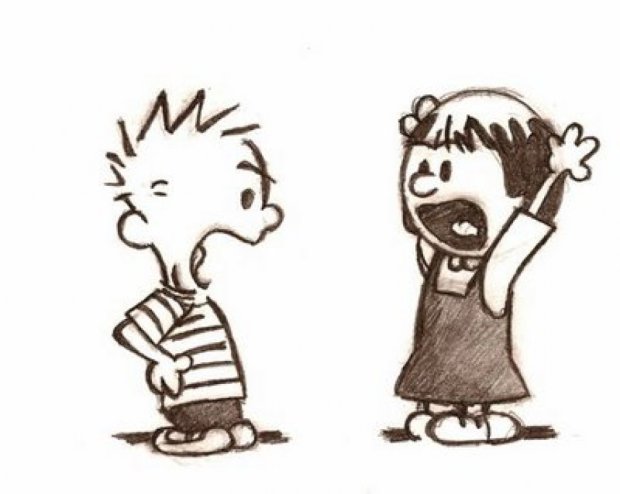Sometimes, we make a mistake while talking to someone and say something to offend them. But what is worse than accidentally doing so is not understanding why they were offended, or why they are suddenly angry at you. Everyone’s life is as unique as their fingerprints, with different experiences leading to the forming of different values. If you do not consider someone’s point of view, what may appear harmless to you may end up being a hurtful comment for the other person.
Even when the message was not particularly offensive, not taking a person’s point of view in consideration can lead to an uncomfortable moment. For example, imagine that you were giving someone a friendly advice when they suddenly turned angry and walked away. If you were to come to me and ask why the person became angry, I could reply in two ways. If I said “Well no surprises there, you clearly didn’t consider their feelings and she had a right to be angry”, you would probably feel quite down. The reason being, you were reaching out with a genuine desire to help, but it ended up with you feeling as if you hurt that person instead. No matter how good your intentions were, the way you say it and the way the other person hears it can turn it into an insult.
Let us use an analogy to make the above lesson easier. Now, let us imagine that I suddenly threw a candy at you with no warning. You will probably be surprised and not catch the candy, letting it drop to the ground. Even though what I threw at you was a sweet candy, throwing it at you when you were not ready just made that candy fall so no one could eat it. Even worse, I might have accidentally thrown it too high and hit your face. Like so, if I throw something at a time I judge to be right, the other person will find it difficult to catch it. But if I was to ask you “Are you ready?” first, then you would find it much easier to catch the candy. The key is to say something when the other person is ready, and in a way that they could accept.
No matter how good your intentions may be, first consider whether the person is prepared to receive that message. Thinking before you speak, being considerate of others and respecting their points of view will quickly make you a beloved friend who everyone wants to talk to.



